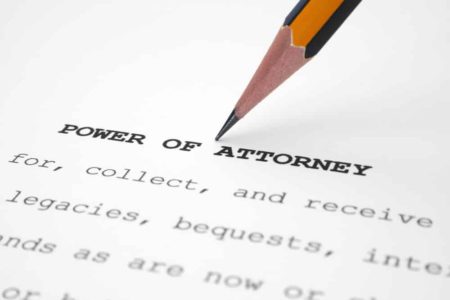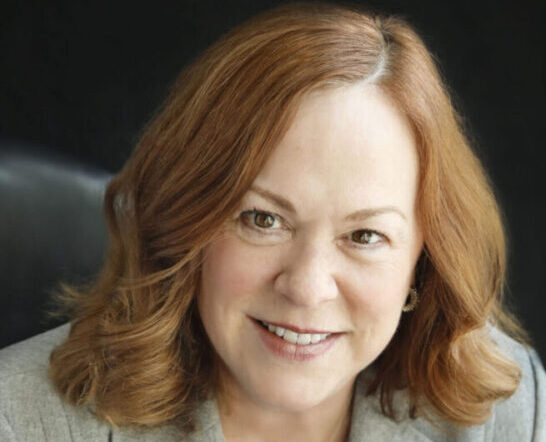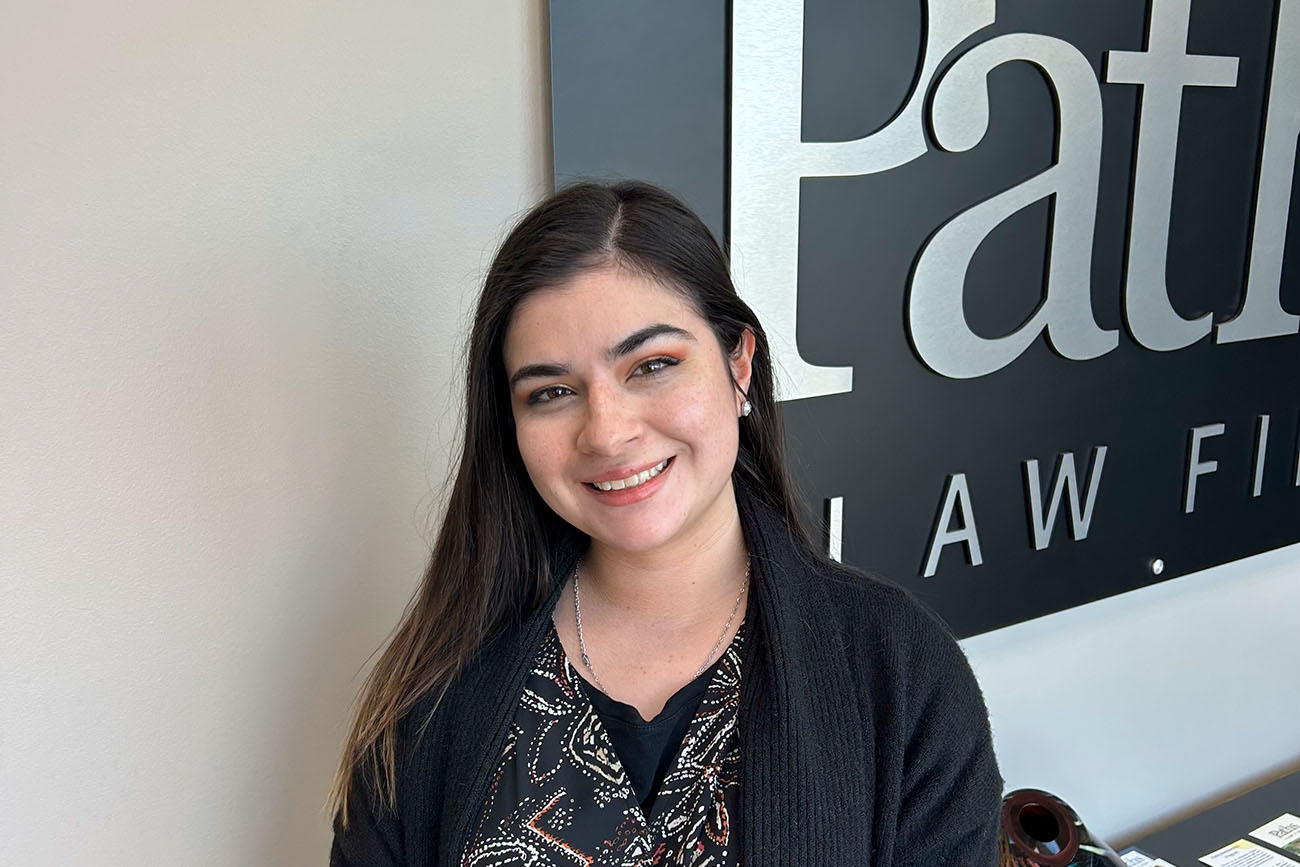As we age, judgment may become clouded and decisions, once simple regarding finances and healthcare, become more difficult. This may be due to health issues, physical disabilities, or cognitive decline. When incapacitation strikes, it is generally unexpected and without much warning. This could be due to an illness, an accident, or simply a decline in mental acuity. When this happens, it can leave a loved one unable to care for themselves or make sound decisions. Planning ahead is always recommended.
Guardianship and power of attorney are the options available in the event of incapacitation. While both legal avenues may first appear similar or of little distinction, so it is important to understand the difference. This article will focus on adult matters. There are similar, but different issues, laws when dealing with minor guardianships.
*This blog is for educational purposes only and should not be considered legal advice. The use of the Paths Law Firm website does not constitute a client-lawyer relationship.
What is Guardianship?
Guardianship is the appointment by a court on a person to make decisions for another individual. The court first finds the individual is no longer able to fully make reasoned decisions on their own. They simply require someone more capable to take control of their care needs. The simplified process begins with an application filed with the court. Because of potentially losing certain rights, the court will then appoint the alleged incapacitated individual legal counsel. In the most simplified of matters, the next step is the court hearing at which time the court will determine capacity and appointment.
A guardian can only be appointed after a probate court determines the individual is incapacitated based on evidence presented during the hearing. Upon such a finding of incapacity, the individual becomes a ward of the guardian and may lose some or all their rights to make decisions about their wellbeing. Guardianship is the term used for the process of appointing one the responsibility over another person. In Missouri, and other states, a separate distinction termed “conservatorship” is the appointing one the responsibility over the estate or assets of another person. Guardianship is used in this article to generally describe both the guardianship and a conservatorship. Either way, this should be the last resort and avoided if possible, for a number of reasons, including costs, publicity, and the involvement of third parties. Estate planning is essentially the only way this can be avoided.

Who Can Be Appointed as a Guardian?
Missouri statutes authorize any adult person to be appointed guardian of the person or conservator of the estate, or both, of an incapacitated or disabled person. Also, certain charitable organizations, social service agency, including a county’s public administrator may be appointed. The courts can disqualify applicants for the appointment as guardian if they determine the applicant does not have the necessary experience, education, or are otherwise incapable of managing the person or the estate. Convictions for sexual offenses, aggravated assault, injuries to children or disabled persons, and other illegal activities likely will make a person ineligible in the court’s discretion.
The process of appointing a guardian starts when an interested person, working with a lawyer, files an application claiming a person’s incapacity and asking a guardian to be appointed. In this application, the applicant must provide details of the proposed ward (i.e. the allegedly incapacitated person), the nature of their incapacity which make it necessary for them to require a guardian. The proposed guardian must provide verifiable information about himself or herself. Any feasible alternatives to guardianship must also be listed in the application, such as close relatives or anyone who was appointed in a durable power of attorney.

How is a Guardian Selected?
The courts will give first consideration to a guardian if that person is nominated in court by the person needing a guardian. However, if they are not able to make that nomination, the court will make their decision based on evidence presented at a hearing. Any last will and testament or durable power of attorney will be useful information for the court to consider. If there are no legal documents available, the court will look first to the spouse, adult children, parents, siblings, or another member of the family.
Upon receiving an application or applications, the court appoints an attorney to serve as Attorney ad Litem, or sometimes referred to as “respondent’s attorney” for the proposed ward. They can also appoint investigators to make a preliminary assessment of the ward, as well as the proposed guardian. Guardianships having more than one applicant may see the court appointing a Guardian ad Litem to investigate the need for a guardianship and the credentials of the various applicants.
During the process of any hearing for the appointment of a guardian, the court will first look at the ability of the proposed ward to look after themselves and their property or assets. They need to have clear evidence, backed up by medical experts, evidencing the proposed ward’s incapacity. Additionally, it must be proven to the court it is in the best interest of the ward to allow the court to appoint a guardian. The court’s goal is to ensure the rights of the ward and their property are protected should a guardian be appointed. The appointment of a guardian can be contested by any interested person. This may be founded on the belief the proposed ward is not incapacitated, or that someone else is more qualified to be appointed their guardian.

What Are the Different Types of Guardianship?
Two different types of fiduciaries may be appointed by the court, depending on the situation and the health of the ward. Conservators can be appointed for the estate to look after the financial needs of the person. Other states may refer to this position as Guardian of the Estate. A guardian for the person assumes the authority and responsibility as allowed by the court for the placement and the health care of the person. The court can appoint the same person to perform both duties. Also, the courts may appoint a joint guardianship where two or more individuals share the authority and responsibility of guardianship over the ward.
- Full Guardianship gives complete authority and responsibility to make decisions on the ward’s behalf for financial, legal, and personal matters.
- Limited Guardianship may be ordered by the court, after hearing, when a person is found partially incapacitated their needs cannot be met by a less restrictive alternative. The order of appointment will specify the powers and duties of the limited guardian so the ward can provide for self-care commensurate with their ability to do so. In establishing a limited guardianship, the court will impose only such legal disabilities and restraints on personal liberty as are necessary to promote and protect the well-being of the individual and will design the guardianship so as to encourage the development of their maximum self-reliance and independence.

What is a Power of Attorney?
A power of attorney is an actual legal document granting one-person (referred to as the “agent” or “attorney-in-fact”) authority to act for the granting person (referred to as the “principal”). The attorney-in-fact may be granted authority for broad legal matters or limited authority to make legal decisions about the principal’s property, finances, or medical care. The primary purpose of which is to provide the attorney-in-fact authority to make decisions on behalf of the principal when the principal is unable to do so.
A power of attorney is not a court order; therefore, some institutions or organizations may not honor such when presented by an attorney-in-fact attempting to act on behalf of a principal. There is no general or universal requirement that a power of attorney be honored. Some states do have requirements of acceptance for certain statutory powers of attorney, but those are not common and usually only apply to narrow circumstances. Missouri does not have statutory powers of attorney.
Since powers of attorney are not required to be accepted, if a principal is incapacitated and their power of attorney is not accepted, the only remaining option can be a guardianship through the probate court. Due to much more cost, publicity, and time required, if possible, most people find it important to avoid the guardianship procedure through the probate court. For the best chance of success, a power of attorney should be set up by an experienced attorney familiar with the laws of the state in which the principal resides.

What are the Different Types of Powers of Attorney?
Several types of power of attorney are authorized by law. Each one has a different level of authority granted to the attorney-in-fact. it is recommended to set up a power of attorney in case of incapacity. Planning will ensure that the wishes of the principal are carried out.
- General Power of Attorney (POA) – The attorney-in-fact has authority over the principal’s affairs to make financial decisions.
- Limited Power of Attorney (LPOA) – The attorney-in-fact has either limited authority to handle the principal’s affairs or may have such for a limited period of time. This is especially helpful when a principal is out of the country.
- Durable Power of Attorney (DPOA) – For the most part, the authority granted in a power of attorney terminates when the principal dies, revokes the authority, or when the principal becomes incapacitated. If the power of attorney is properly drafted, it may continue after a principal becomes incapacitated; this is called a “durable” power of attorney.
- Health Care Power of Attorney (HCPA) – The agent has the authority to make decisions related to health care for the principal. This includes the power to authorize medications, surgeries, and placement. Usually, other health directives include a living will, i.e. life-prolonging or sustaining directions provided in advance.

How Do I Choose an Agent for my Power of Attorney?
The decision of selecting an attorney-in-fact should be made carefully and with much consideration. It is important to fully understand the authority being granted to this person. Anyone can become an attorney-in-fact if they are over the age of 18, but that doesn’t mean they should be nominated. The attorney-in-fact can be a family member, friend, professional colleague, or an attorney. The principal may choose more than one attorney-in-fact to handle his or her affairs. When choosing an attorney-in-fact, it is important to discuss the principal’s wishes and intentions, so the attorney-in-fact understands and is prepared to make appropriate and preferred decisions.
At the time of death, the attorney-in-fact loses authority for the vast majority of powers previously granted. The only remaining powers pertain to winding up the affairs and such are very limited. After death others will be in charge. This may be the successor trustee over assets held in trust if the decedent put a trust in place before dying. It may also be the principal’s executor, administrator, or personal representative as appointed by the probate court, if such is necessary.
There are advantages of having a power of attorney instead of a guardianship. However, there are also some disadvantages. Understanding the differences is important. The differences are outlined below and should be taken into consideration when planning:
- A power of attorney needs to be created before there is any need for it, and this requires the principal to be of sound mind while creating the power of attorney.
- Guardianship can only be applied for after the person has become incapacitated. It involves a court process, and this is the main disadvantage of guardianships.
- Once a guardian has been appointed after a thorough examination of credentials and capabilities, the affairs of the person for whom the guardian is appointed must be overseen by the court. While this is often cumbersome and can involve intrusion by the court into family matters, it is a good thing for the person or ward, as their interests always remain under the protection of the court. There is no such oversight in the case of powers of attorney.
- A power of attorney will give the person incapacitated greater control over matters, whereas in the case of a guardian it is the court which has the final say. In the case of guardians, a person trusted by the person may not get appointed a guardian, while others who were not so close to the person in life, can get the powers overall financial and other matters. Appointing a guardian is a more complicated process, as it is the court who decides a person’s suitability to act as a guardian. In many cases, it can even be people who had no close links with the person who now needs supervision.

How do I Decide on Guardianship or a Power of Attorney?
Deciding whether a guardianship or a power of attorney is the best choice depends on the individual’s ability to understand and make decisions. If the individual is of sound mind and can select someone to help them make decisions in the future the right choice is likely a power of attorney. The power of attorney gives the principal an opportunity to provide more input as well as the ability to choose who they feel comfortable with managing their affairs.
A guardianship significantly limits the individual’s ability to decide for themselves. The judge chooses who to assign as the guardian and although recommendations can be made, the individual selected may not be the person(s) requested. The judge may also assign an independent attorney to this position. Further, guardianships tend to be much more time consuming, costly, as well as stressful for the family.
Planning can alleviate many concerns regarding who will be the authority of your estate. If you or a loved one are interested in further discussing guardianship, conservatorship, powers of attorney and estate planning, contact Paths Elder Law. We understand the importance of ensuring you are protected and that your loved ones are taken care of. Our caring and experienced staff are here to help.



































